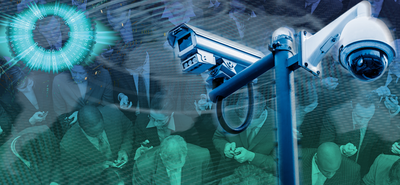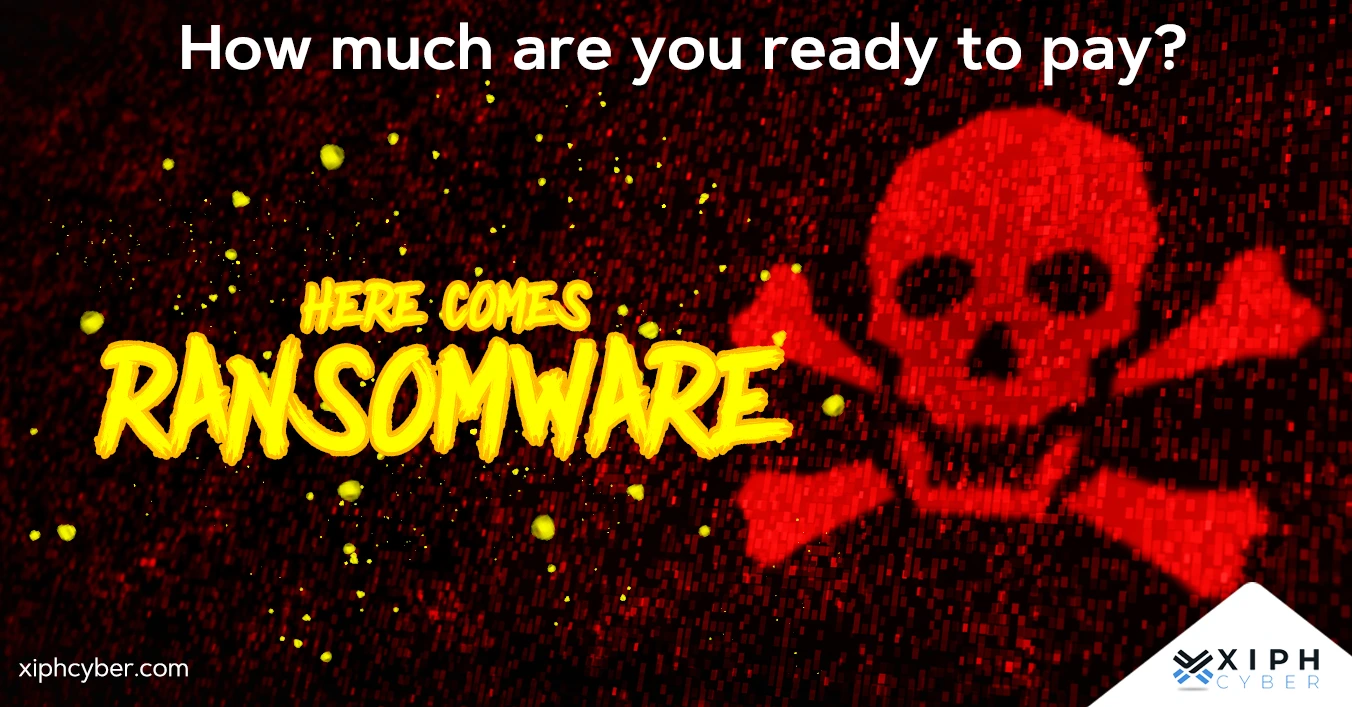Published Mar 13, 2020 by Xiph
Security and connectivity should never be mutually exclusive Let’s say you were deep into the process of purchasing your first house. Both you and your partner are all abuzz with anticipation, imagining all of the memories to come between its freshly painted walls. Your home will be a safe, secure place for the children you plan to raise, the pets you plan to adopt and the life you plan to live. Then, just as you’re about to sign the papers, the real estate agent informs you of a new federal law – that your house is yours and yours alone, but only if you give law enforcement agencies a copy of your key.

That’s essentially what democratic governments are asking their citizens when it comes to their digital devices. Except instead of asking for our permission, they’re going over our heads and leaning on tech companies (surprise, surprise… we’re cut out of the discussion). The idea is that if our smartphones and tablets are encrypted, then there should exist a backdoor to that encryption, so as to help law enforcement with criminal proceedings. It doesn’t take a rocket scientist to realise that creating a skeleton key for every model of encrypted device negates the purpose of encrypting them at all. And that’s an unsettling prospect that asks us to sacrifice our privacy and security in order to stay connected.
A gun in the hands of a hero is still a gun
Those increasingly rare birds that still have blind faith in government and law enforcement will make the following argument: it’s only those who are trying to make our world a safer place that are pushing for backdoors, so why wouldn’t we want to do all we can to help? Cute sentiment, but flawed because a) it’s not as if the key will only work in the hands of the good guys and b) who can be sure the so-called good guys are operating with good intentions all the time?
In Australia, anti-encryption laws passed in 2018 gave government agencies the right to order tech companies to help law enforcement hack, install malware or insert backdoors into consumer devices. Law enforcement argues that they deserve the right to access devices “in a heartbeat” for the sake of a “safe society”. Their definition of a safe society is one where criminal elements are targeted with maximum efficiency but they willingly ignore the threat to personal safety that decryption propagates. When it comes to backdoors, it’s impossible to puncture the security of a single target without affecting everyone else.
These authoritarian operations are having repercussions in other democratic nations. In the US, citizens are worried about how our anti-encryption laws affect their own security. Companies that store data on Australian soil, such as Amazon, have considered challenging our government in court or even moving their facilities out of the country. If the US, a nation that many have said has such a sketchy track record when it comes to privacy, is worried about our anti-encryption laws, then you know the situation is serious.
There’s no such thing as partial privacy
When tech companies want to convince users that a piece of hardware or software is secure, there’s a reason they use the term ‘end-to-end’ encryption. Effective encryption is unbroken. There are no gaps, holes or doors. As citizens, we deserve to have total control over our information just as we have over the thoughts in our head. With the way things are going, it seems like governments will continue to find new ways to loosen our security and tighten their control. And if it’s not governments, it’s the very corporations that create the technology.
Which, essentially, is why NCrypt Cellular exists – to show users that alternatives exist. Alternatives that don’t force you to choose between connectivity and security. When we source a product or service that offers end-to-end security, that’s exactly what you’ll get. No caveats. No gaps. And definitely no backdoors. No matter how much energy and effort governments, corporations or the media put into convincing you that true personal privacy is impossible in this day and age, know that there are plenty of innovative, ethically-motivated creators who are doing the right thing. The more we seek out alternatives; the more we stand up when the powers that be want us to lay down - the greater the likelihood that things will change for the better.
Posted in: Security


